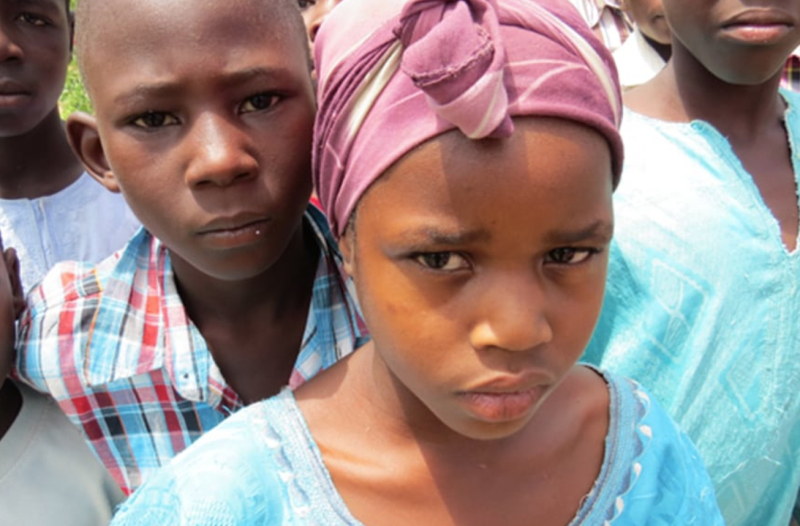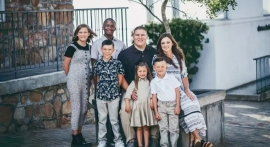
International persecution watchdog OpenDoors reiterated its call on Nigerian Christians' increasing need for security and protection as violence has become already "unthinkable."
OpenDoors highlighted on its website the unthinkable violence Christians in Nigerians face since they have become targets of Islamic oppression and violence. OpenDoors called on Christians the world over for the healing of their "Nigerian family," which is beset with "extreme violence." The organization highlighted on Thursday the story of Charity (not her true name). Accordingly, Charity and her children were traumatized by the Boko Haram, who attacked their village of Guyaku in Nigeria's Adamawa State.
"Almost every day, we get reports of violence in #Nigeria. For brave believers like Charity, staying in her village means keeping a light for Christ shining bright in the region-even when the darkness surrounds it," OpenDoors tweeted, emphasizing it with #OneChurchOneFamily.
Charity's testimonial, which OpenDoors entitled "What's More Powerful Than A Gun? A Story Of Escape from Nigeria," embodied the significant risk Christians in northern Nigeria's Guyaku village are threatened with. The organization stressed that "more Christians are killed for their faith in Nigeria than in any other country in the world." They explained that this is due to many Islamic extremist groups attacking Christians in the country, such as Boko Haram. Christians are often murdered during attacks or face the loss of livelihood and property that the militants destroy.
"Charity and her children know this firsthand. They're survivors of a deadly Boko Haram attack on their village. Charity's story represents thousands of persecuted Christians across Nigeria who are left to pick up the pieces after violent religious attacks by extremists like Boko Haram," OpenDoors said.
In the testimonial, Charity recounted that she was taking a bath one evening when her brother ran into their house frantically telling them to put off the lights. She also heard him say their village is being burned down. This was in 2015 when Boko Haram attacked their village.
Charity and her children were forced to flee their village that night, which eventually led them to be separated from each other. She said she found a cave where she kept still and quiet in the hope of hearing her children's movements. However, she didn't hear them and so she called each one by name but to no avail. She eventually found herself thinking that her children might have been killed by Boko Haram already.
Days after the attack, the other families of Guyaku were able to reconcile already. But not Charity's. It took a week before she heard her son calling out her name while she was doing chores at home. Charity said she was so shocked and excited when she called out her son's name. Her children then came inside, hugged her, and started crying.
"We were so happy and shed tears of joy," Charity shared.
OpenDoors said the family had to undergo trauma care through counseling before they finally recovered from that horrendous event. Charity was then trained to give trauma care to those, who like her, suffered from Boko Haram. Charity said trauma healing has taught her to forgive and to let go of anger.
In an op-ed published in Religion News last December, OpenDoors USA President and CEO David Curry raised that Nigeria "boasts the world's highest rate of religiously motivated violence." Curry underscored their organization's repeated calls to "government officials to intervene in the steady and alarming rise of religious violence in sub-Saharan Africa."
Curry described Nigeria as the "epicenter of attacks by radical extremist groups and is ground zero for the new caliphate--a state governed by Islamic law." The description comes after the organization ranked Nigeria seventh in its 2022 World Watch List, which enlists areas most difficult to live as a Christian.
The CEO raised the United States Department of State's Countries of Particular Concern listing as an essential aspect of countering such violence. Curry explained that the Nigerian government will not tolerate Christian persecution to proliferate through the CPC. However, the United States removed Nigeria from their CPC listing and there is now a "faint twinge of hope" that local authorities would actually implement security measures to protect Christians in Nigeria.
















